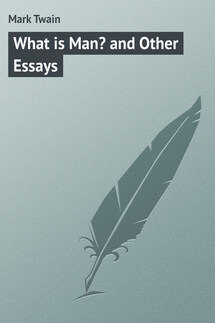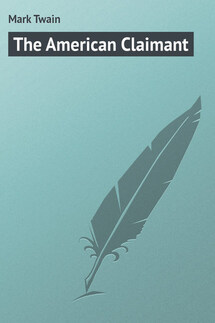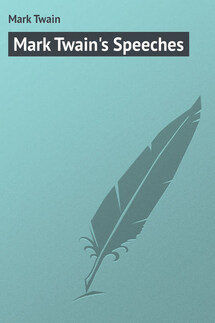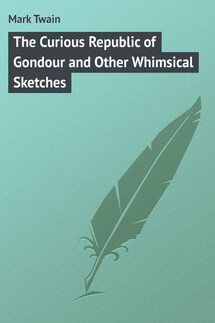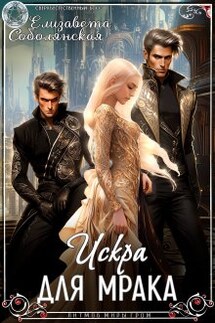Mark Twain's Speeches - страница 2
…………………….
From Mark Twain’s Autobiography.
January 11, 1906.
Answer to a letter received this morning:
Dear Mrs. H., – I am forever your debtor for reminding me of that curious passage in my life. During the first year or, two after it happened, I could not bear to think of it. My pain and shame were so intense, and my sense of having been an imbecile so settled, established and confirmed, that I drove the episode entirely from my mind – and so all these twenty-eight or twenty-nine years I have lived in the conviction that my performance of that time was coarse, vulgar, and destitute of humor. But your suggestion that you and your family found humor in it twenty-eight years ago moved me to look into the matter. So I commissioned a Boston typewriter to delve among the Boston papers of that bygone time and send me a copy of it.
It came this morning, and if there is any vulgarity about it I am not able to discover it. If it isn’t innocently and ridiculously funny, I am no judge. I will see to it that you get a copy.
What I have said to Mrs. H. is true. I did suffer during a year or two from the deep humiliations of that episode. But at last, in 1888, in Venice, my wife and I came across Mr. and Mrs. A. P. C., of Concord, Massachusetts, and a friendship began then of the sort which nothing but death terminates. The C.’s were very bright people and in every way charming and companionable. We were together a month or two in Venice and several months in Rome, afterward, and one day that lamented break of mine was mentioned. And when I was on the point of lathering those people for bringing it to my mind when I had gotten the memory of it almost squelched, I perceived with joy that the C.’s were indignant about the way that my performance had been received in Boston. They poured out their opinions most freely and frankly about the frosty attitude of the people who were present at that performance, and about the Boston newspapers for the position they had taken in regard to the matter. That position was that I had been irreverent beyond belief, beyond imagination. Very well; I had accepted that as a fact for a year or two, and had been thoroughly miserable about it whenever I thought of it – which was not frequently, if I could help it. Whenever I thought of it I wondered how I ever could have been inspired to do so unholy a thing. Well, the C.’s comforted me, but they did not persuade me to continue to think about the unhappy episode. I resisted that. I tried to get it out of my mind, and let it die, and I succeeded. Until Mrs. H.’s letter came, it had been a good twenty-five years since I had thought of that matter; and when she said that the thing was funny I wondered if possibly she might be right. At any rate, my curiosity was aroused, and I wrote to Boston and got the whole thing copied, as above set forth.
I vaguely remember some of the details of that gathering – dimly I can see a hundred people – no, perhaps fifty – shadowy figures sitting at tables feeding, ghosts now to me, and nameless forevermore. I don’t know who they were, but I can very distinctly see, seated at the grand table and facing the rest of us, Mr. Emerson, supernaturally grave, unsmiling; Mr. Whittier, grave, lovely, his beautiful spirit shining out of his face; Mr. Longfellow, with his silken white hair and his benignant face; Dr. Oliver Wendell Holmes, flashing smiles and affection and all good-fellowship everywhere like a rose-diamond whose facets are being turned toward the light first one way and then another – a charming man, and always fascinating, whether he was talking or whether he was sitting still (what he would call still, but what would be more or less motion to other people). I can see those figures with entire distinctness across this abyss of time.
